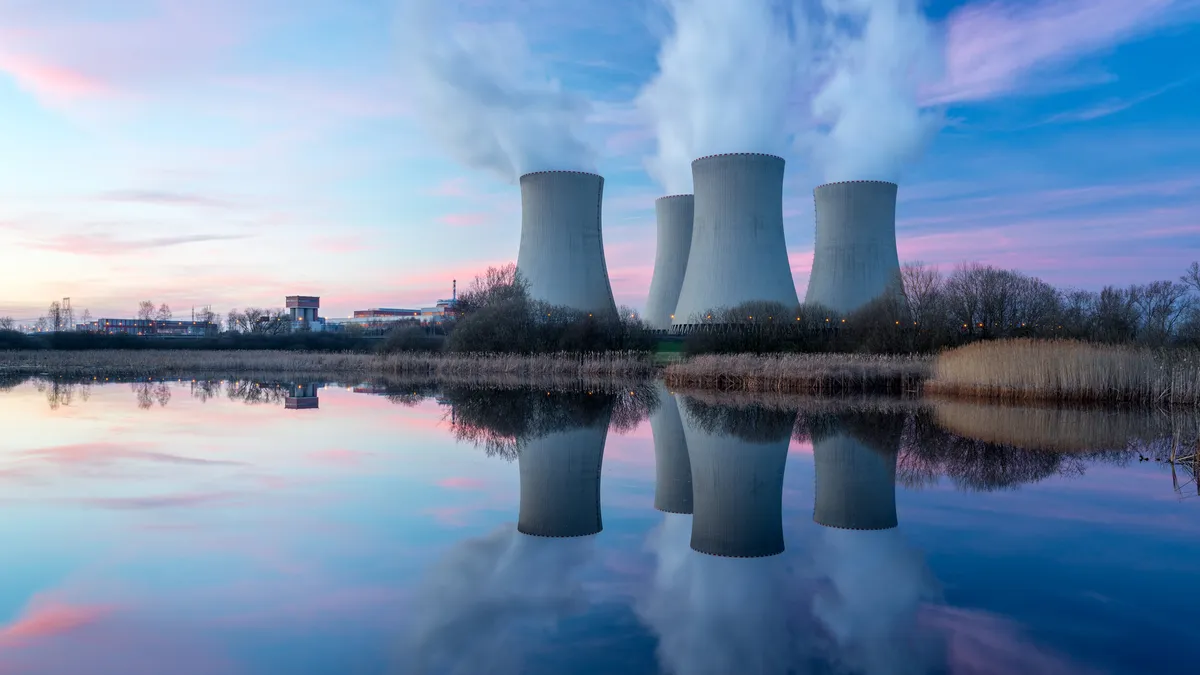A commissioner of the Nuclear Regulatory Commission on Wednesday criticized the agency’s finances, describing to a conference a pattern of rising spending with a declining workload and urging it to “improve its financial management and stewardship of its resources.”
“So far, the agency’s transformation efforts have seemed to achieve the opposite of what was expected,” Commissioner Annie Caputo told the NRC’s Regulatory Information Conference. “We are spending more to do less work. In short our workload has shrunk. We are collecting significantly more revenue than we need and our budget is growing.
“This is not what I consider good stewardship.”
At the end of Fiscal Year 2022, the NRC had a carry-over of $92 million, collecting $58 million from licensees and $34 million from taxpayers “that it did not need to fulfill its mission last year,” she said.
It represents “an excess” of 10% of the NRC’s $906 million budget, “due to inaccurate budget projections,” Caputo said.
Still, the agency increased its Fiscal Year 2024 budget request to more than $1 billion rather than reducing its spending request, she said. The difference between what the agency needed in 2022 and its FY 2024 budget request is $192 million, she said.
“This is difficult to square with the drop in our workload,” Caputo said.
Inspection and licensing reviews that are billed hourly to licensees and applicants are down 46% from 2016, but the work this year will require 15% of the NRC’s workforce, or about 429 full-time employees, and 21% of its budget, Caputo said. The total workforce is 2,777, she said.
“You could nearly double this year’s workload and still fit within that 2024 budget request,” she said.
A 2021 report by the Nuclear Innovation Alliance criticized the NRC’s fee model. It said the agency’s budget has declined more than 30% since the mid-2010s due to plant retirements and fewer licensing applications and a 25% reduction in NRC staff.
“As NRC looks to handle future applications for novel reactor applications, the fee model constrains the agency’s ability to apply the right resources to the right projects at the right time,” the NIA said.
It called on Congress to review the fee system and suggested an expansion of funding by the U.S. Department of Energy for advanced reactor licensing.
Caputo said the NRC will spend 46% more on corporate support activities than on inspection and licensing work and 160 more employees work with corporate support than licensing and inspection. She did not provide details.
“We need to get back to basics with the focus on actual expenditures to inform budget development with a measure of detail commensurate enough to make truly informed decisions,” she said. “But in my time on the commission, we have yet to effect these changes.”
Caputo, who began her term in August 2022, is serving the remainder of a five-year term ending June 30, 2026. She previously served on the NRC from 2018 to 2021.
Dan Dorman, executive director for operations, the NRC’s chief operating officer, said in a separate appearance the agency has “lost ground” in hiring as workers retire. The agency’s attrition rate has risen to 7% from 4% a few years ago.















